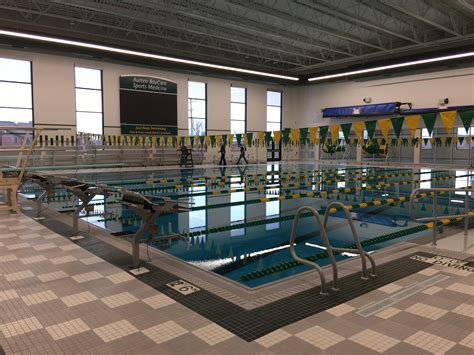As a 9th grade freshman entering the high school swim team, you are embarking on an exciting journey filled with opportunities for personal growth, athletic achievement, and unforgettable experiences. Here’s a comprehensive guide to help you navigate this transformative journey successfully:
Establish a consistent training schedule that includes a balance of cardiovascular exercises, strength training, and flexibility.
Engage in swimming drills to improve technique and efficiency in the water.
Prioritize proper nutrition and hydration to fuel your body for optimal performance.
Maintain a strong academic record to meet team eligibility requirements.
Effectively balance school and swimming commitments through time management and discipline.
Seek support from teachers and coaches to ensure your academic needs are met.
Foster a positive and supportive team environment through respect, communication, and collaboration.
Encourage a sense of belonging and unity among team members.
Celebrate successes and learn from failures together as a collective.
Develop leadership qualities by setting an example through hard work and commitment.
Take responsibility for your actions and contribute to the team’s success.
Respect the authority of coaches and follow team rules and regulations.
Establish realistic and challenging goals to drive your training and performance.
Find intrinsic motivation by focusing on personal improvement and the joy of swimming.
Visualize success and maintain a positive mindset during competition.
Develop a race strategy that maximizes your strengths and addresses potential challenges.
Execute your race plan with focus, determination, and a belief in your abilities.
Learn from your performances and seek feedback from coaches to improve future results.
Fuel your body with balanced and nutritious foods to support training and recovery.
Stay adequately hydrated by drinking plenty of fluids throughout the day.
Prioritize sleep and allow your body to rest and repair.
Engage in active recovery activities such as stretching or light exercise.
Listen to your body and take breaks when needed to prevent injuries.
Address mental health challenges that may arise during the season with support from coaches, counselors, or trusted individuals.
Practice mindfulness and relaxation techniques to manage stress and maintain a positive mindset.
Seek help if you are struggling with mental health issues that interfere with your performance or well-being.
Develop perseverance, determination, and resilience through the challenges of swimming.
Learn the importance of teamwork, collaboration, and respect in a team setting.
Foster a sense of accomplishment and pride in your own abilities.
Explore swim-related scholarships and educational opportunities that support your academic pursuits.
Consider a future career in swimming as an athlete, coach, or healthcare professional.
Utilize swimming as a pathway to personal and professional success.
Technique
Drill
Key Points
Freestyle
Catch-up drill
Focus on proper hand positioning and arm movement
Backstroke
Underwater dolphin kick
Build leg strength and propulsion
Breaststroke
Leg whip drill
Improve leg power and streamline
Butterfly
Flutter kick drill
Develop strong flutter kick technique
Nutrient
Recommended Daily Intake
Benefits for Swimmers
Carbohydrates
6-10 grams per kilogram of body weight
Provide energy for training and recovery
Protein
1.2-2.0 grams per kilogram of body weight
Supports muscle growth and repair
Fats
10-30% of daily calories
Essential for hormone production and energy storage
Fluids
8-10 glasses of water per day
Prevent dehydration and support recovery
Month
Training Focus
Competition
September
Base training
Time trials
October
Endurance training
Local meets
November
Strength and speed training
Regional meets
December
Taper and recovery
State championships
January
Off-season
Active recovery
Role
Responsibilities
Captain
Leads by example, sets team goals, communicates with coaches
Assistant Captain
Supports captain, mentors new swimmers, assists in practice planning
Team Representative
Represents team at school events, serves as a liaison between team and administration
Event Coordinator
Plans and organizes team social events and fundraisers
Equipment Manager
Maintains team equipment, ensures it is clean and in good condition
Post navigation

